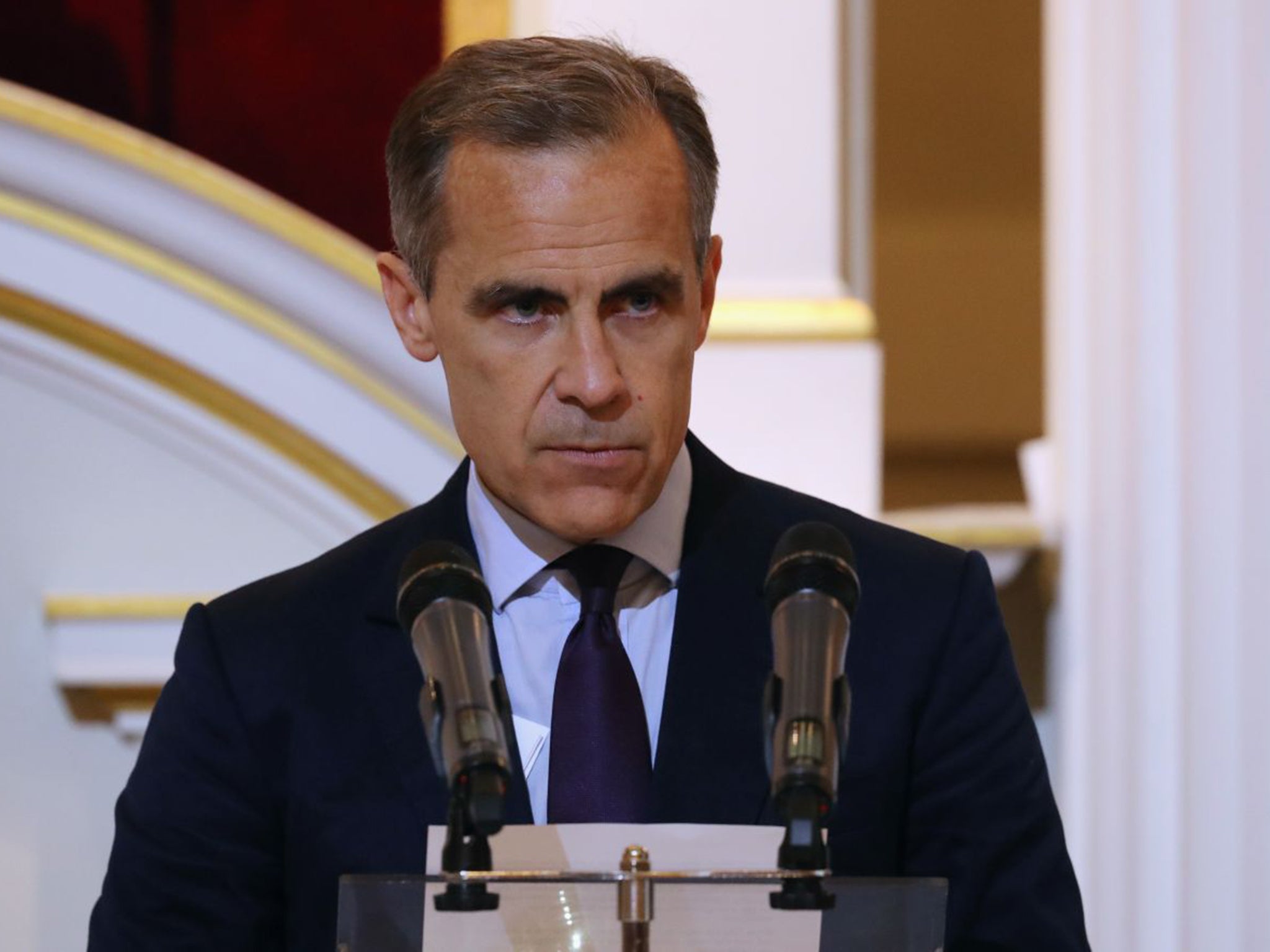6 ways the Government can support the UK economy after Brexit

There are at least six things the Government, when we have new leadership in place, should do to support the economy.
The first is that it needs to acknowledge that the Brexit vote will damage growth for the next year, maybe longer. Whatever view you take about the long-term implications – and there is a significant minority of economists who think in the long run it may be positive – in the short-term it is bad news. There may or may not be a recession next year, but a first step in reassuring the global business and financial community would be to show that the Government is well aware of the danger. Project fear failed to frighten the voters, or at least enough of them to continue to support Brexit, and the fears were overdone. But now denial of the real risks ahead would be deeply damaging.
Next, we need some business-friendly actions. Saying the country is still open for business won’t wash. The Government has to take practical steps to prove it. There have been suggestions of cut in corporation tax to 12.5 per cent to match Ireland, or even below, but there are other (and cheaper) options such as easing the ability of companies to recruit high-skilled staff from outside the EU. What is needed is not grand gestures but a detailed pro-growth package.
Third, the country needs clarity on future fiscal policy. Abandoning the rigid commitment to a balanced budget by 2020, as suggested by Theresa May, is a helpful start. Actually what will probably be needed will be a repeat performance of policy in the last parliament: keeping the objective of cutting the deficit in place but being prepared to slow down the timetable. This fits in with the monetary easing already signalled by Mark Carney, the governor of the Bank of England.
Fourth, the Government will need to talk directly to European businesses that have large UK investments and/or substantial exports to the UK. As and when negotiations begin, the prime allies in Europe will be the business communities of the remaining members. They need to maintain their access. They need to be reassured that this will happen if the EU negotiators are prepared to maintain UK access to EU markets.
Fifth, the Government would be wise to start informal talks with other trading partners, including Canada, Australia, New Zealand and India, to explore how trade could be boosted further. India is particularly important, given that it has now become the second-largest inward investor in UK manufacturing.
And finally, the Government needs to show much more concern for the parts of the economy, and country, that have either failed to benefit from globalisation or have actually been threatened by it. The business community needs a stable society, and if governments pay insufficient attention to parts of the country that are butting into tough headwinds that undermines that stability. Quite aside from the ethical and moral case for governments paying more attention to parts of the country that feel left behind, there is a powerful business case too. The whole economy needs to thrive, not just the parts that have done well up to now.
Subscribe to Independent Premium to bookmark this article
Want to bookmark your favourite articles and stories to read or reference later? Start your Independent Premium subscription today.

Join our commenting forum
Join thought-provoking conversations, follow other Independent readers and see their replies